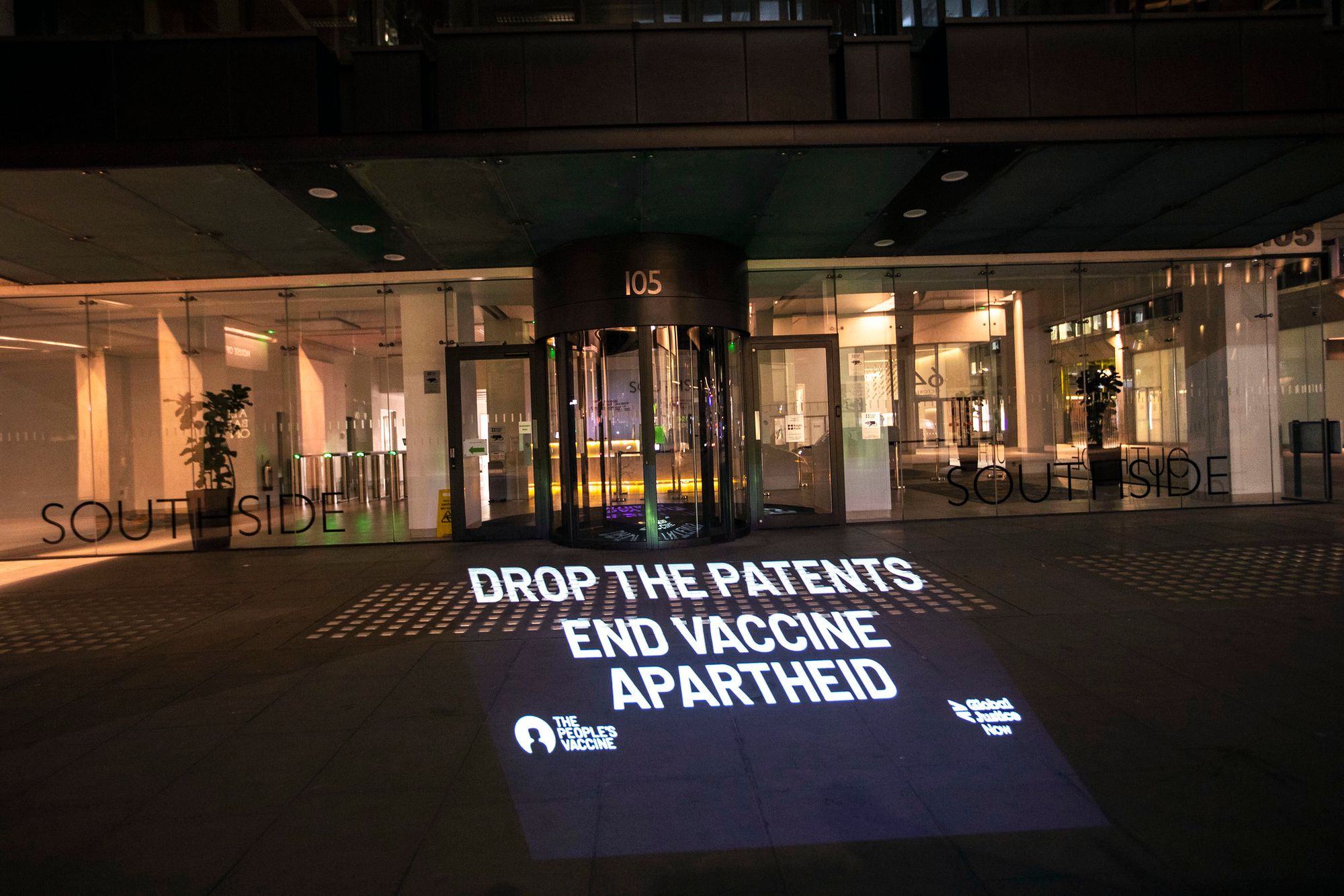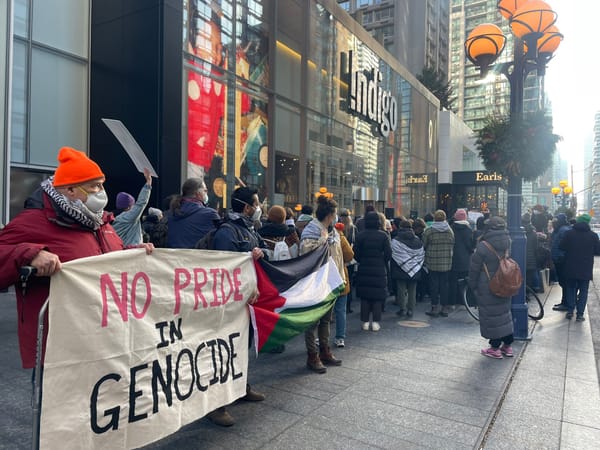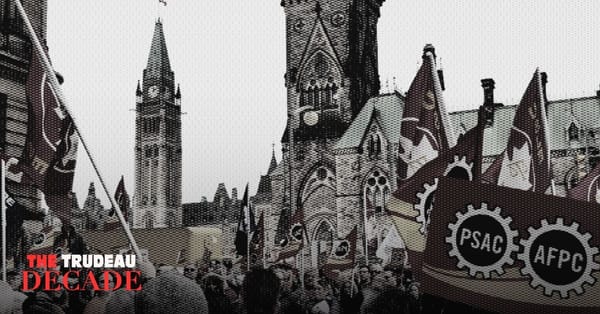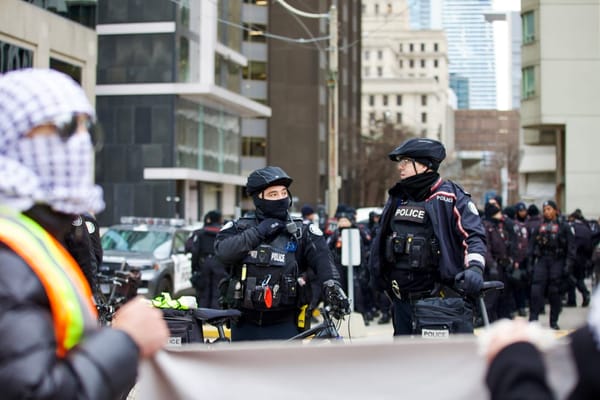The pandemic has been a deadly, painful reminder of the ways our social systems fail Black people. Those of us who are migrants have been watching our governments’ policies devastate Black communities at home and abroad. As a health researcher, an advocate for a holistic approach to public health and a second-generation Jamaican immigrant, I’m deeply concerned about how the vaccine procurement strategies of wealthy states will impact nations in the Caribbean and the developing world.
With unflinching certainty, the pandemic has divided the world into two factions: vaccine rich nations and the vaccine poor. Canada and the United States stand out among nations who have procured large numbers of COVID-19 vaccine doses, having secured substantially more than their national populations. Canada, for example, has purchased enough vaccine doses to cover its population five times over. These large national orders result in an international inequity in vaccine access, and threaten to hamper efforts to temper the pandemic in each corner of the globe.
CARICOM, the regional economic authority for the Caribbean — a majority-Black region with longstanding and substantial economic and historical ties to Canada and the U.S. — has spoken out against the consequences of global inequality in vaccine access. The United Nations has also warned of the burgeoning threat it may pose to combating a global pandemic, as well as its threat of re-entrenching colonial and imperial power through vaccine diplomacy and vaccine nationalism.
Vaccine procurement has taken the form of a two-tiered market. In the first tier, nations with financial means partake in a wild west, competition-based market where vaccines are purchased directly from transnational pharmaceutical companies. All other nations, including those in the Caribbean, are forced into the secondary tier where they depend on the charitable donations of states who benefit from the first market, and the United Nation’s COVAX distribution program, intended to reduce global inequity in vaccine distribution.
Notably, there are concerns that vaccine distribution will be unduly delayed due to market and supply chain pressures. The limitless spending within the wild west market has a gravity that attracts vaccine manufacturers and distributors against the modest economic pull of the secondary tier, impeding equitable global vaccine distribution.
There are concerns expressed by Caribbean political leaders that as developed nations return to normal, global inequality to vaccine access will result in a protracted pandemic there. These concerns are well-founded, as Prime Minister Justin Trudeau has already sought to hasten the arrival of vaccines by tapping into COVAX.
Meanwhile, as of July, 15 of the 23 members of the Caribbean Public Health Agency had fewer than 50 per cent of their population partially vaccinated against COVID-19. At the time, the rate in Canada was about 70 per cent.
Socioeconomic Determinants Of Health And Black Communities
For Black people, the world is at an inflection point in the ongoing struggle for our collective survival. Progress gained by Black communities here and abroad across several socio-economic and health indicators will be left to ruin in the pandemic’s wake.
Statistics Canada reports that “visual minorities” bore the brunt of deaths related to COVID-19 throughout the country, including in Montreal and Toronto. In Montreal, from March to July 2020, neighbourhoods that were more than 25 per cent Black had COVID-19 mortality rates of 149.3 per 100,000 people, compared to 88.1 for neighbourhoods less than 1 per cent Black. In Toronto, Black people accounted for about 33 per cent of all COVID-19 cases in the city as of August 2020, despite making up just 9 per cent of the population.
In the United States, the situation is dire. Black people are 2.8 times more likely to be hospitalized, and twice as likely to die, due to COVID-19. However, hidden from the data is the silent cohort of uninsured or underinsured Black people with no access to health care, which, as of 2019, represented about 11 per cent of those in the community under the age of 65.
Access to well-paid and secure employment, pensions and health insurance, will be priorities for the Black community as we emerge from the pandemic. How our governments’ operationalize foreign policies with respect to global health will also determine Black communities’ survival worldwide. Progress by any measure will be evaluated in terms of how fully our public institutions commit themselves to the work of dismantling the root causes of our present condition.
Colonial sentiments and the legacy of enslavement continue to shape the fortunes of Black people living in the Americas. The enduring reality of systemic racism and structural violence have perpetuated conditions where many Black communities are faced with lower outcomes across a series of socioeconomic markers strongly associated with health outcomes. COVID-19 has just further revealed the health inequalities this has caused.
Only when the public health system acknowledges and accounts for the historical ties that bind our current condition, and casts away those rationales that hold Black communities as chiefly responsible for their present condition, can we start the work of dismantling health inequity for Black people.
A Way Forward
A course correction is required, and there are several steps that need to be taken.
At an international level, wealthy nations, including Canada and the U.S., can support the call for vaccine equity by transferring all unfilled vaccine orders to COVAX, and ceasing procurement through bilateral agreements with pharmaceutical companies. Efforts to improve international vaccine manufacturing capacity and reduce dosage costs can be achieved by waiving intellectual property rights and demanding pharmaceutical companies share their vaccine technologies and manufacturing processes. These simple steps would expand vaccine production over time, reduce inequity and hasten a post-pandemic world.
The pandemic has also made the gaps within Canadian public health institutions’ reporting of health data apparent. In countries where disaggregated race-based data is routinely collected, COVID-19 burden inequities were reported early. In Canada, they were only identified by a patchwork of community surveys, anecdotal reports and proxy measures. There’s no national system of reporting race-based public health data, and the vast majority of Canadian public health authorities haven’t done so.
By failing to report race-based data, these authorities have been negligent toward their obligations of protecting the health of all communities, including Black and racialized ones. As such, the Canadian scientific community has renewed calls for the collection of race-based data, with supportive voices from the Public Health Agency of Canada, the Black Health Alliance, the Black Scientists’ Task Force on Vaccine Equity, the Black Physicians’ Association of Ontario and the Health Association of African Canadians.
But simply learning more about these inequities isn’t enough: they need to be challenged, and it’s impossible to do so without a renewed focus on addressing the structural barriers to health within the Black community, and the negative impacts of a legacy of racism and colonialism, in concrete ways. Fortunately, the Canadian government and public health authorities can draw on examples from within the country.
Health service providers — like the TAIBU Community Health Centre in Toronto — serving a predominantly Black community have implemented an Afrocentric approach to COVID-19 care. This is a framework of engagement with Black individuals that depends on honest discussion of their historical and present-day experiences, including systemic racism and structural violence.
Public health authorities and governments need to take action against structural racism and its role in producing socioeconomic barriers for Black people, whether here or abroad.







Member discussion